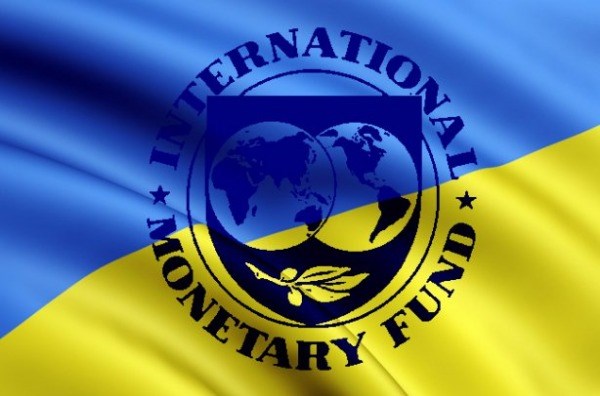IMF tells Kyiv how to reform pension system. Ukrainian vice prime minister calls this statement 'unprofessional'
In an article for the Economichna pravda (Economic Truth) online newspaper, Ron van Roden, head of the International Monetary Fund (IMF) mission to Ukraine, wrote that Ukraine’s pension system is in need of urgent reform, since it does not meet current challenges.
He explained that if no changes are made to the state pension system soon, the pension fund will become even more unstable, and may not be able to provide a subsistence level pension (1544 hryvnia ($57.6 USD)) for the older population. According to him, the structure of the pension system has not changed since the time of the Soviet Union. “A low pension age in conjunction with the early retirement options which are available to many citizens, is one of the characteristic traits of this system. On average, Ukrainians retire earlier than people working in other countries of the region,” Roden said.
He explained that the average retirement age in Ukraine is around 58.5. For women, this indicator is slightly below 56 years. In EU countries these indicators are 63,6 for men and 62,6 for women. As a result, there are currently 12 million pensioners in Ukraine, and this is nearly 30% of the population.
Thus according to Roden it follows that the state must prevent an increase in the number of pensioners and increase contributions to the pension fund. This can be achieved in various ways, notably by restricting early retirement or increasing the pension age.
According to Ron van Roden, an effective method would be the possibility of choosing a retirement age depending on length of service, and creating incentives to motivate people to retire as late as possible.
“Higher pensions will be received by people who make more contributions and work for longer, whereas people who make fewer contributions and decide to retire earlier will receive a smaller pension,” the IMF representative wrote, describing the scheme.
In addition, according to Roden, the administration of revenue needs to be improved, in order to reduce the number of companies which make little or no contribution for their employees. The taxation of smaller companies also needs to be simplified, and made more rigorous. Currently it creates significant opportunities to avoid paying social contributions and taxes.
The IMF considers the accumulation pension system still ineffective. “The introduction of an accumulation system would be premature, taking into account the level of development of financial markets and the normative legal framework in Ukraine,” the head of the IMF mission noted. He also added that discussion on the reform of the pension system in Ukraine has been put off for too long. Consequently, “a time has come when it is necessary to discuss solutions and to gain public public approval to implement them”.
Kyiv reacted sharply to Roden’s article. Vice Prime Minister Pavlo Rozenko wrote on his Facebook page that “there is doubt about the professional abilities” of Ron van Roden. In a comment on Roden’s article, Rozenko pointed out that the head of the IMF mission does not understand the realities in Ukraine.
“After the ‘expert’s’ comments that ‘the basic structure of the pension system has not changed since the Soviet era”, I lost all interest in reading the rest of these ravings...” Rozenko wrote.
According to him, “the maxims on the topic of introducing a second level are in general ‘no comment’”.
“The person just does not understand what this is and how it works… terrible unprofessionalism!!!” Rozenko added.
A pension reform is one of the key points of the memorandum for cooperation between Ukraine and the IMF. The government has declared that it does not intend to raise the retirement age, and that it has found “other ways to overcome the pension fund deficit”. Andrey Reva, Minister of Social Policy of Ukraine, said that he is expecting support in the Verkhovna Rada for the pension reform developed by parliament as early as May. In 2016, Ukraine subsidized the pension fund with more than 140 billion hryvnia.
